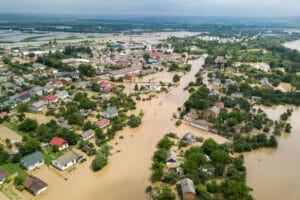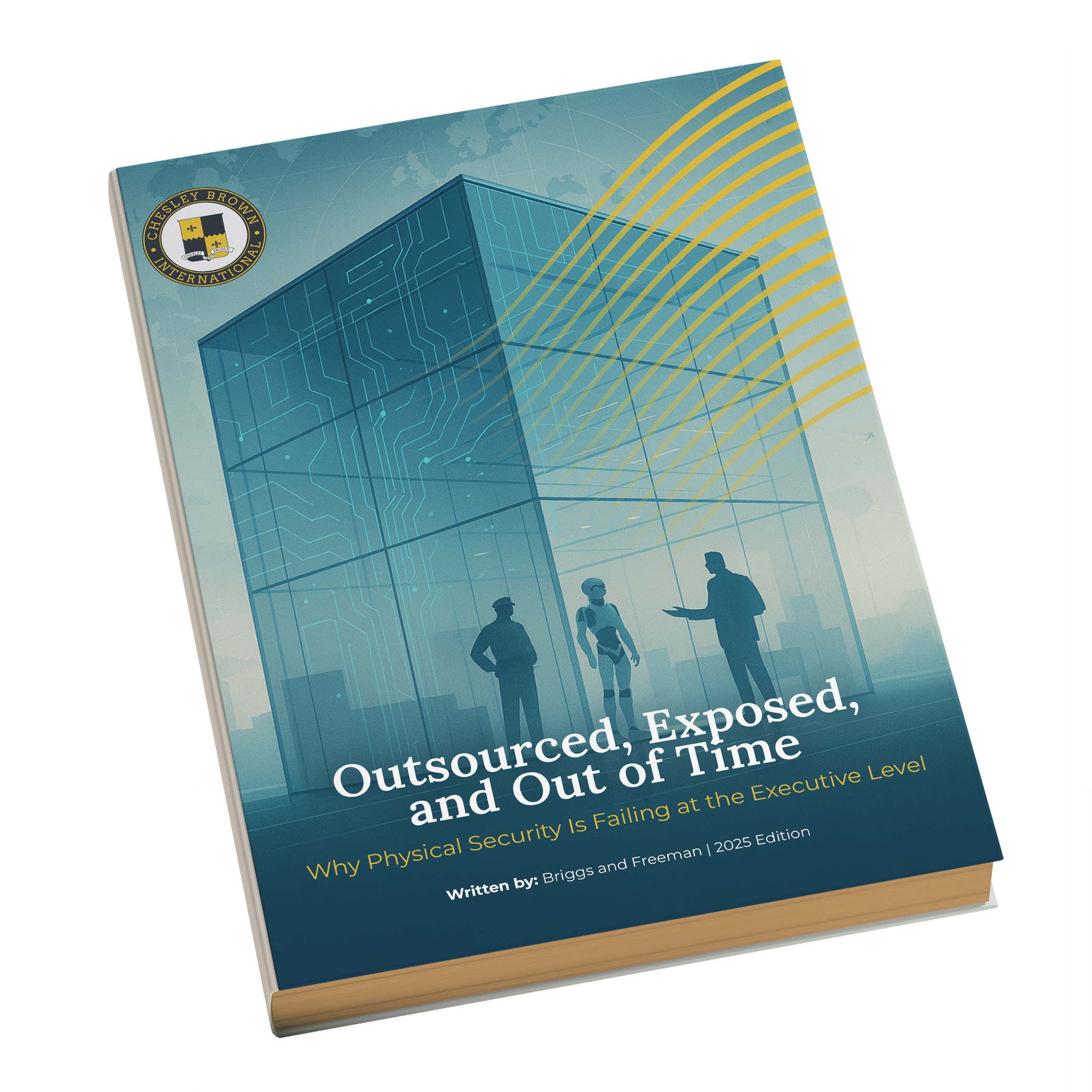The sound of gunfire punctuated the peaceful hush of Christmas morning. According to one witness, “It sounded like an automatic weapon.” About 10 minutes later she heard a second round of gunfire, then a third. When police arrived at the scene a little after 5:30am they found an RV parked in front of a nondescript building in downtown Nashville. A message repeated from a loudspeaker warning of an explosion. The aftermath of that explosion brought communications down in six states, disrupted the entire economy of the greater Nashville region, and shut down most of downtown Nashville. Thankfully, there were no serious injuries — the attack designed to minimize human loss, it seems.
If inflicting mass casualties wasn’t the goal of the bombing suspect, what was? “The target, it appears, was infrastructure… specifically a large AT&T Data Center in downtown,” according to Nashville’s Mayor John Cooper. The explosion affected communications in 6 states, causing disruptions to 911 systems as far away as Knoxville, and even interfered with aviation.
How to Protect Your Business from Threats
“You don’t need an enormous neon sign that says ‘data center’ for people to know what’s going on…”
Steve Goins, Managing Director Chesley Brown Nashville
So what lessons can businesses learn from the Nashville bombing? Because of our direct proximity to the affected area in Nashville, Chesley Brown has been actively responding along with local, state and federal law enforcement to provide assistance. “The big takeaway here is that you don’t need an enormous neon sign that says ‘data center’ for people to know what’s going on there” says Steve Goins, Chesley Brown’s Managing Director of Nashville. “We have intentionally remained quiet to ensure we are meeting the needs of our clients and staff during this time. Our field staff have played a vital role by helping our clients gain access to the affected location, working directly with law enforcement to ensure an active crime scene is maintained, and helping maintenance staff close up and secure the building while the investigation is ongoing.”
Due to the sheer volume of questions we’ve been asked in the wake of the Nashville bombing, I thought it would be helpful to share some strategies that organizations can use to gain a better understanding of which assets may be at risk in this new risk landscape.
Resources:
- Ensuring the Prosperity of your Business: Threat Assessments
- The Anatomy of a Crisis Management Plan
- Business Impact Analysis: 4 things to know
- 5 Tips for Creating Better Crisis Management Plans
- 10 Steps for Building a Crisis Communication Strategy
- Budgeting for Risk
- 10 Steps for Developing an Emergency Response Plan
“The fact is, everyone in an organization has a role to play in security,” according to Director Goins. “Besides boots on the ground and technology like cameras, companies and their staff need regular training as part of the organization’s broader risk management strategy. Things like best practices, remaining vigilant, and safety training can really help mitigate a disaster. I think that’s one of the big lessons the Nashville bombing can teach.”
Conclusion
You can’t fully eliminate risk from your organization. Although preparing for risk is a complicated and time-consuming process, it can literally save lives. When disaster does strike, it pays to have a partner who can help you make sense of the chaos and chart a clear path forward. 4 out of 5 businesses without a crisis management plan close forever within a year of a serious disruption. That’s why, for over 30 years, Chesley Brown has dedicated ourselves to helping organizations anticipate and navigate risk before it becomes a crisis. If you have serious questions about your security, our experts are always here to help.
Sign up!
For industry-leading guides and analysis sign up for our blog below.
Latest News
How to Foster a Culture of Risk Awareness and Responsibility
In a world where new threats seem to emerge every single day, how can businesses protect themselves from the next danger hiding around the corner? Technology can help. So can guidance from trained security experts.…
Organizational Resilience: How Companies Can Navigate Security Threats — and Even Grow Stronger as a Result
It’s impossible to prepare for every single security threat facing your business. You can identify all the potential dangers that you’ve seen before —- petty crime, fire, natural disaster, fraud — and build detailed, fully…
Secure Your Business: The Top Business Security Systems for Property Managers
As a property manager, you are responsible for the security of your business premises and the assets that are within it. With criminal activities on the rise, ensuring maximum safety for your property is crucial…
How Security Can Help Property Managers Combat High Tenant Vacancy Rates
Across the country, office occupancy rates are the worst they’ve been in years. According to Cushman & Wakefield, national vacancy rates rose to 18.6% during the first quarter of 2023 — similar to what was seen during the worst of the COVID-19 pandemic.
Natural Disaster Preparation: 6 Keys for Safeguarding Your Company from Hurricanes, Storms, Fires and Other Emergencies
The question isn’t if your business will face a natural disaster. It’s when. Over the past 50 years, the world has seen a five-fold increase in weather-related disasters, according to the United Nations. And the…







